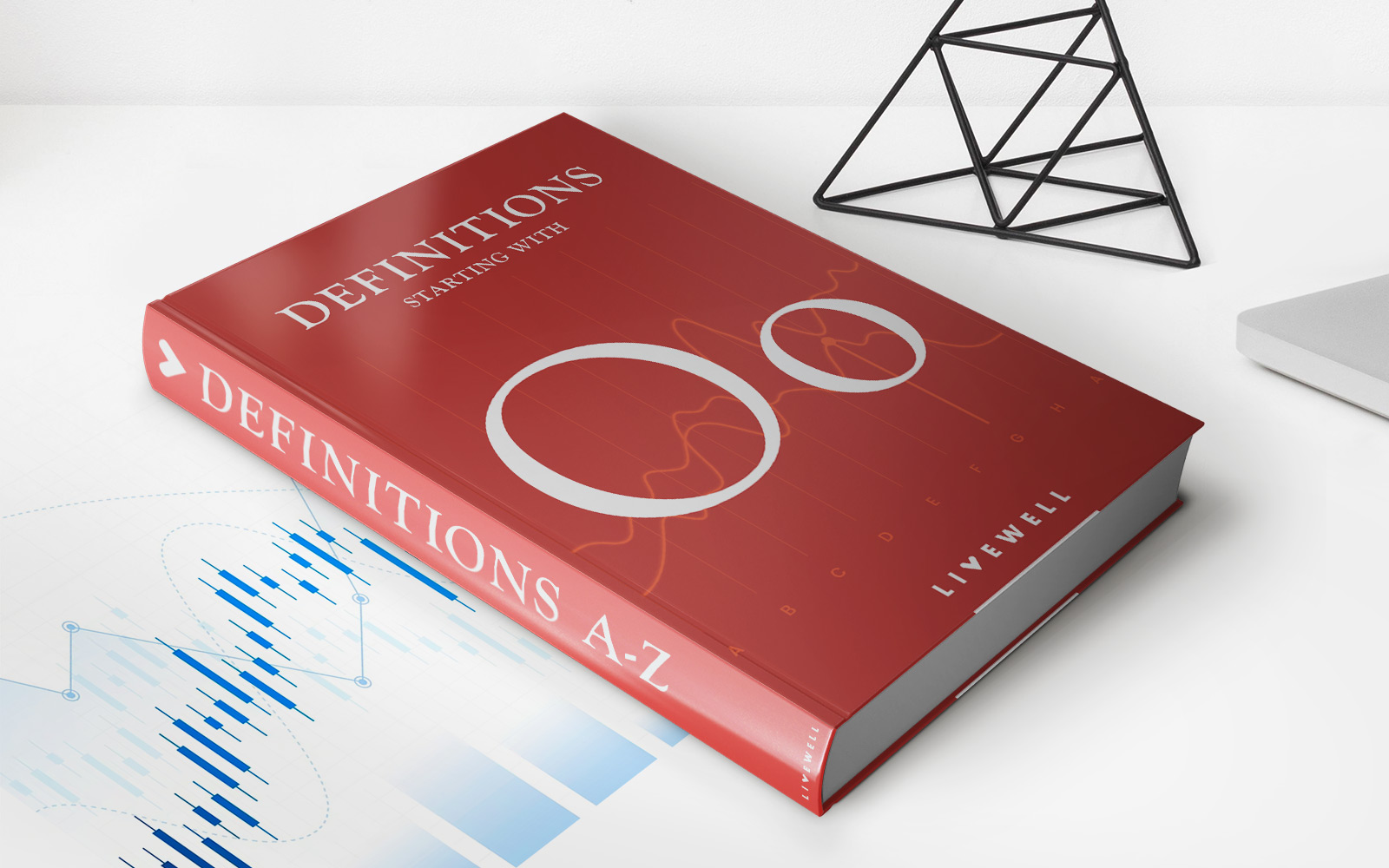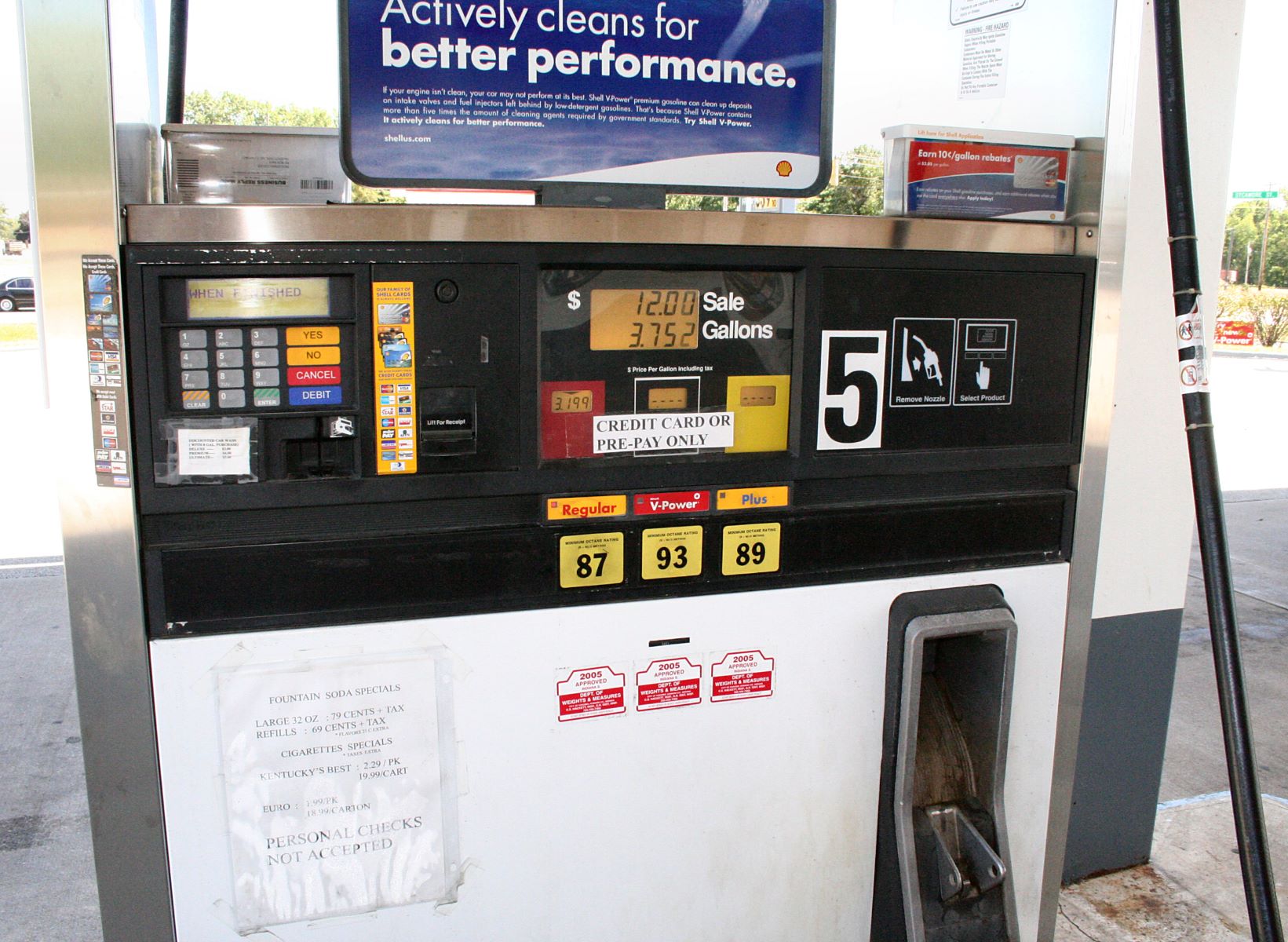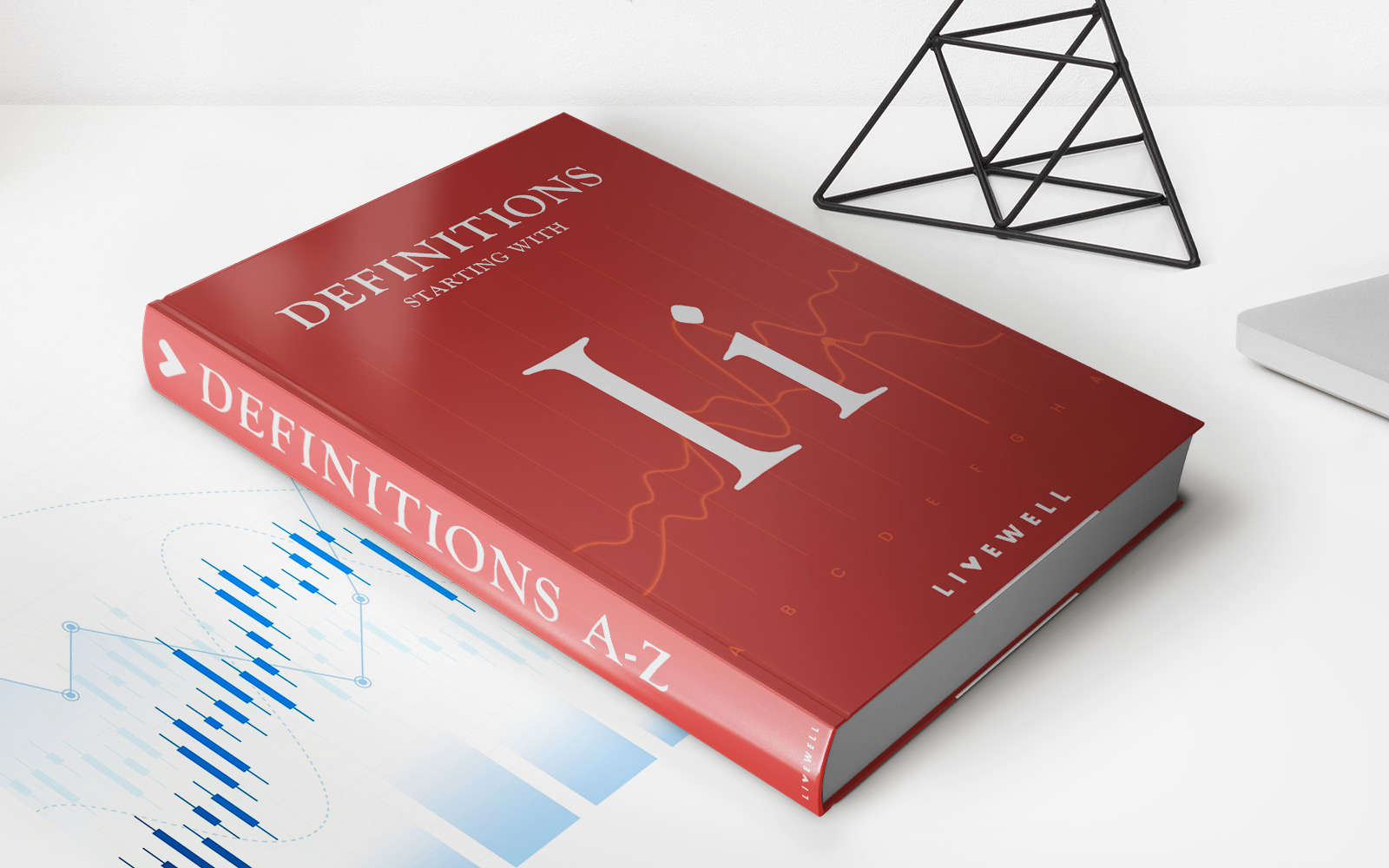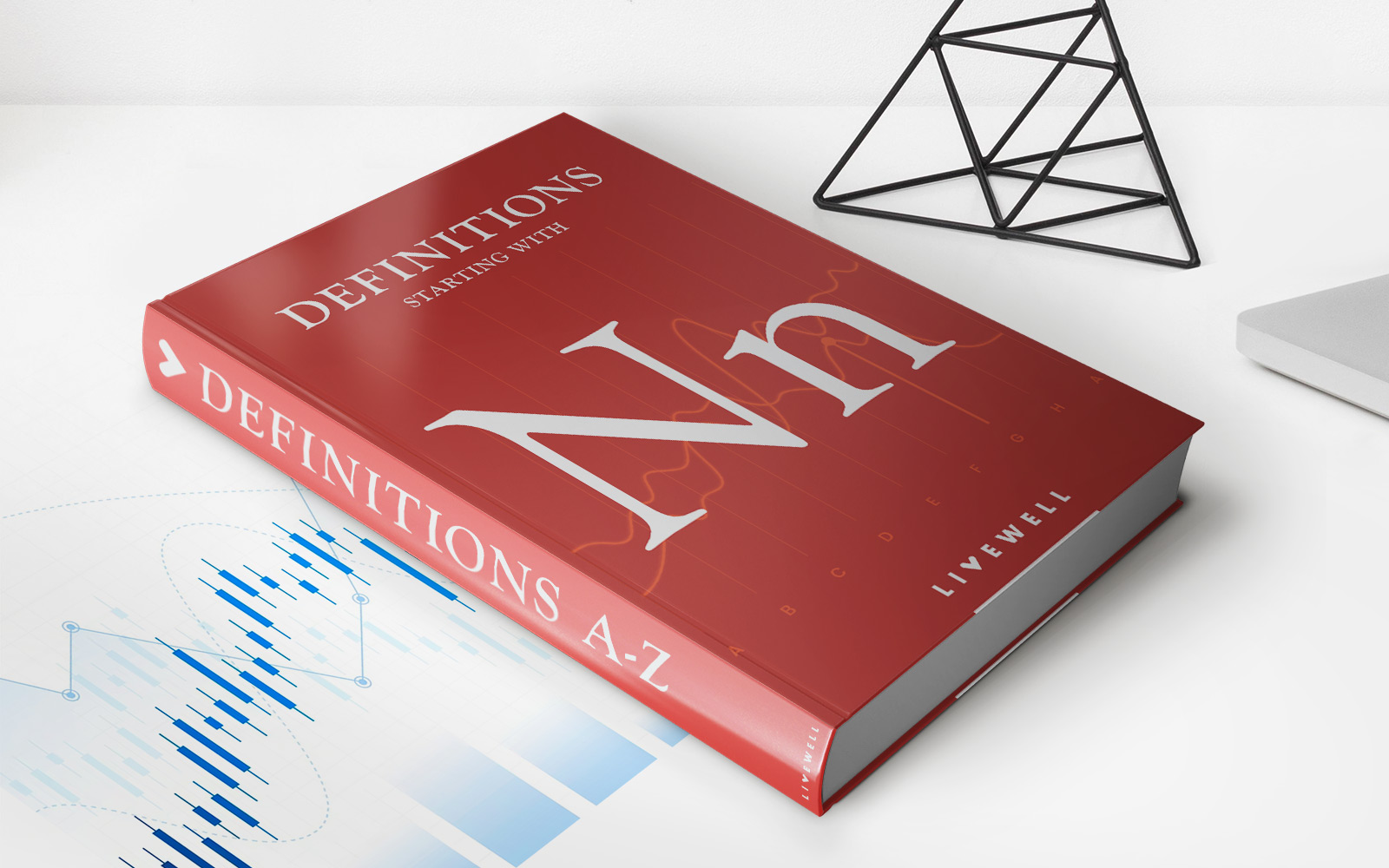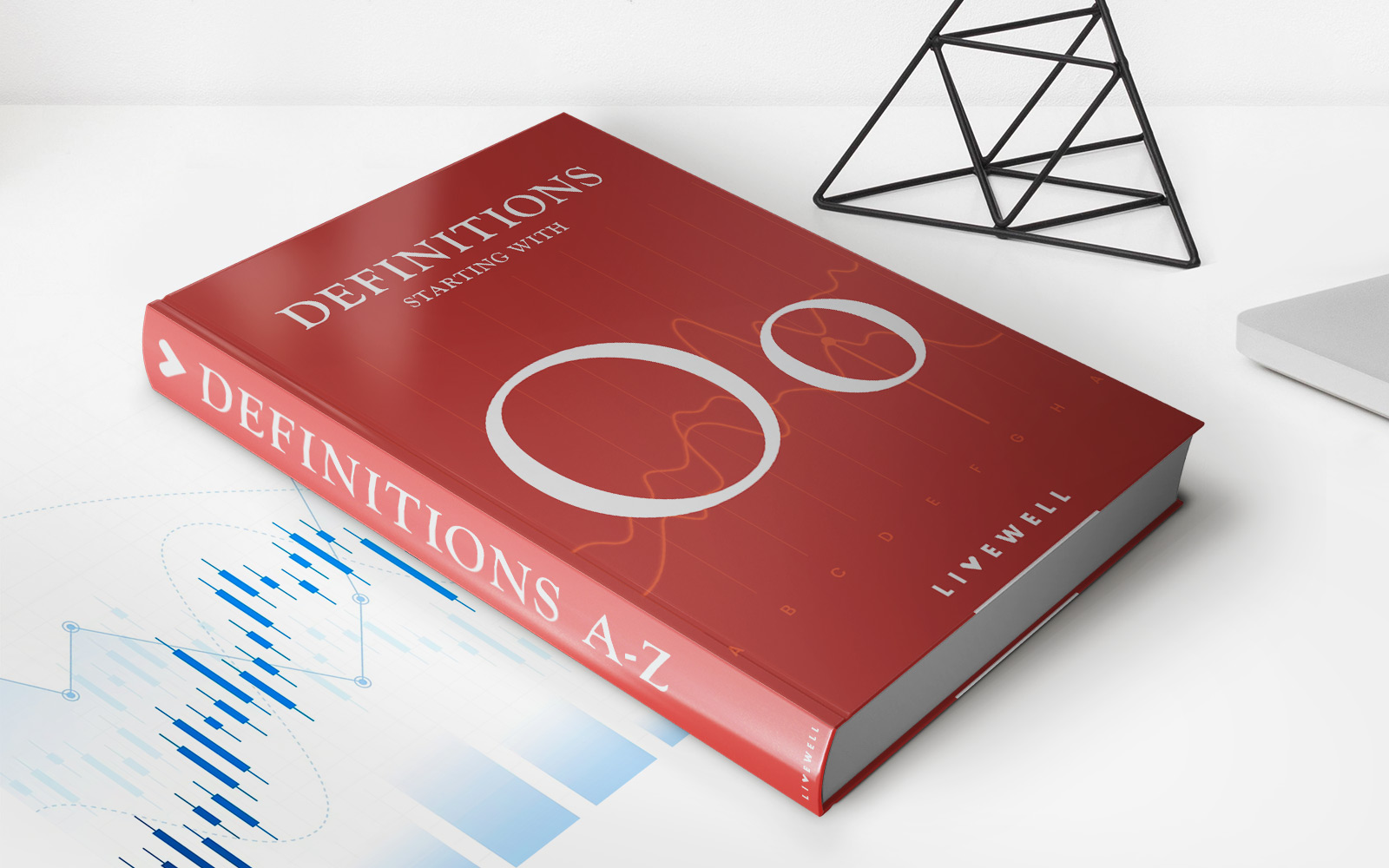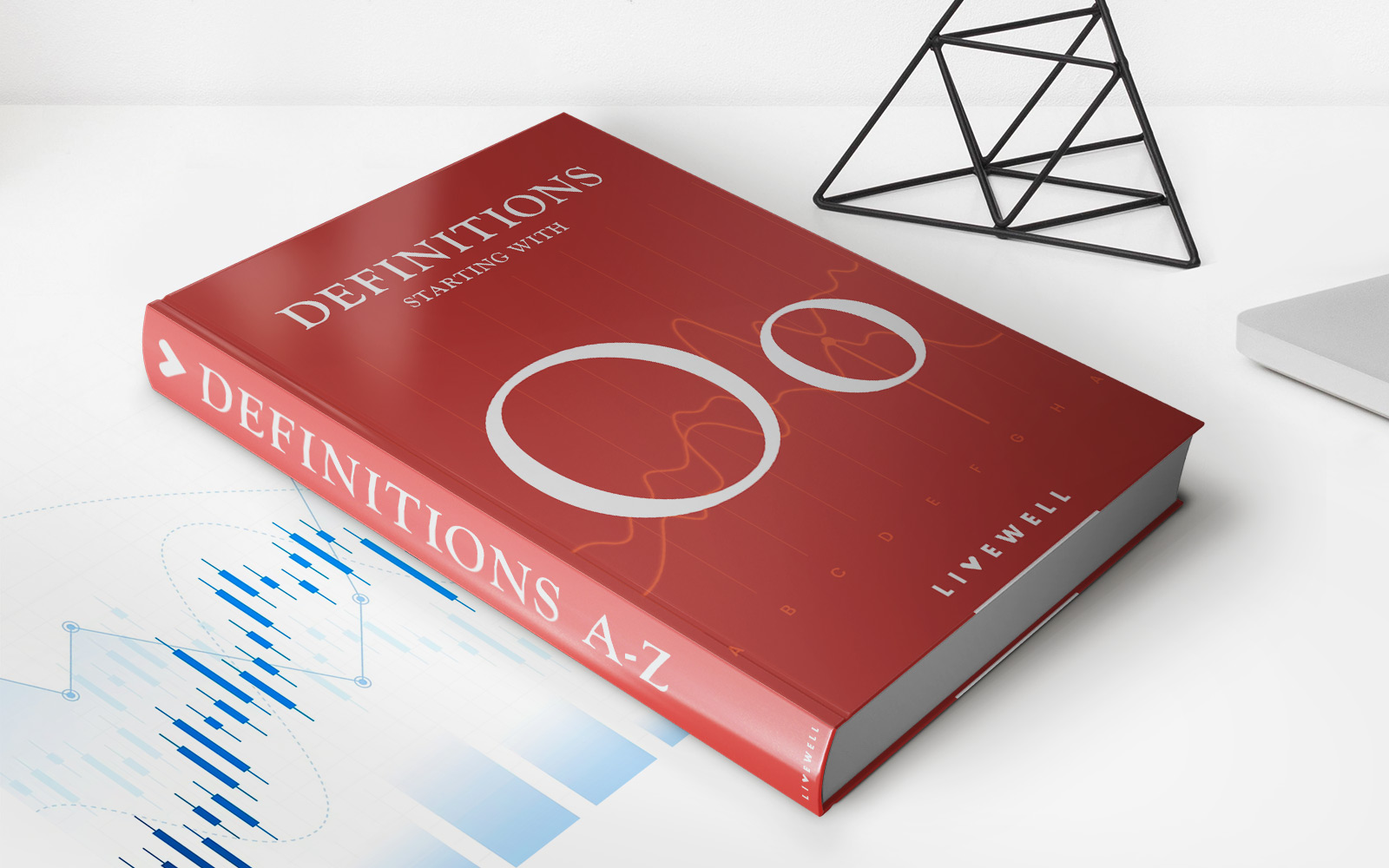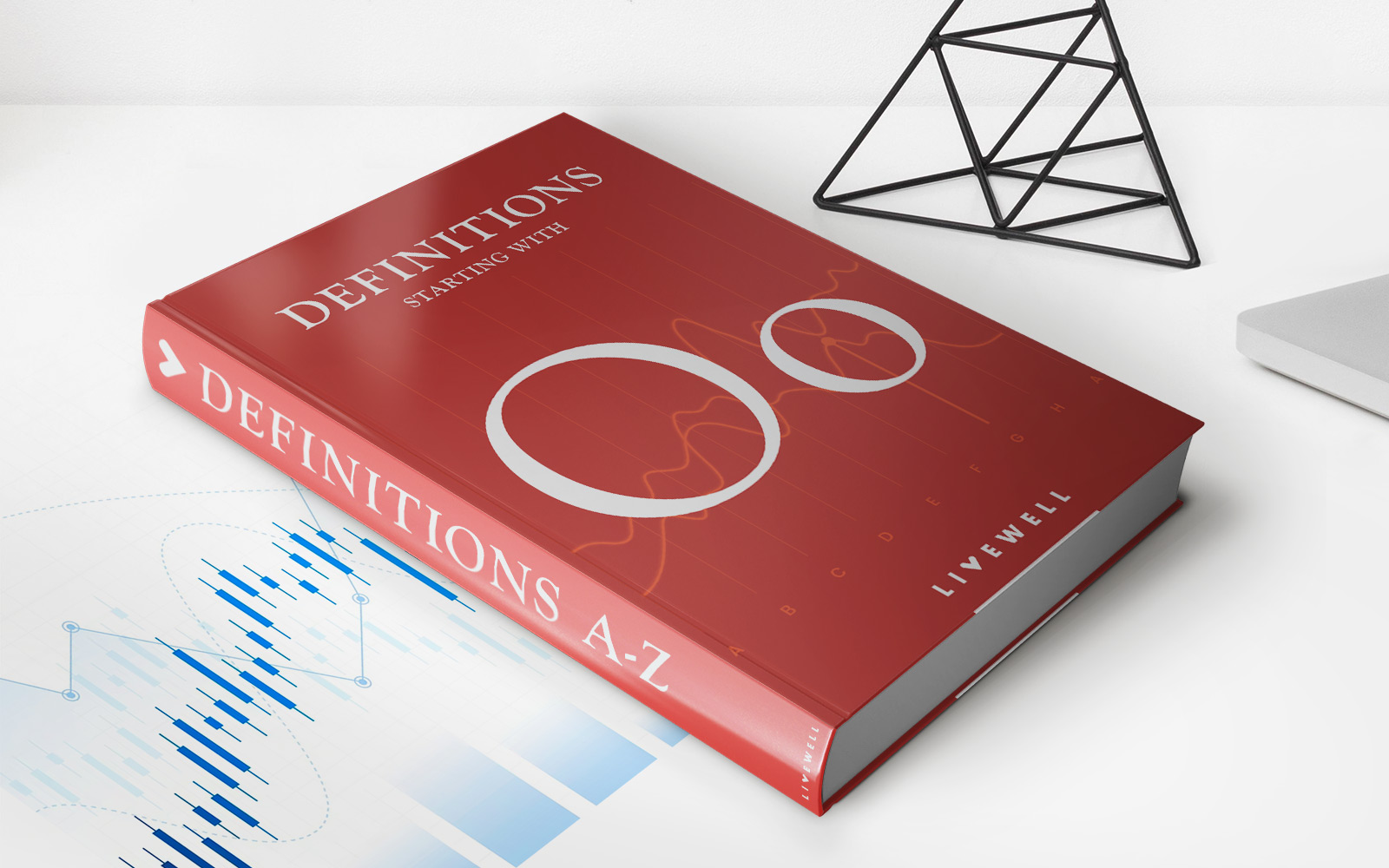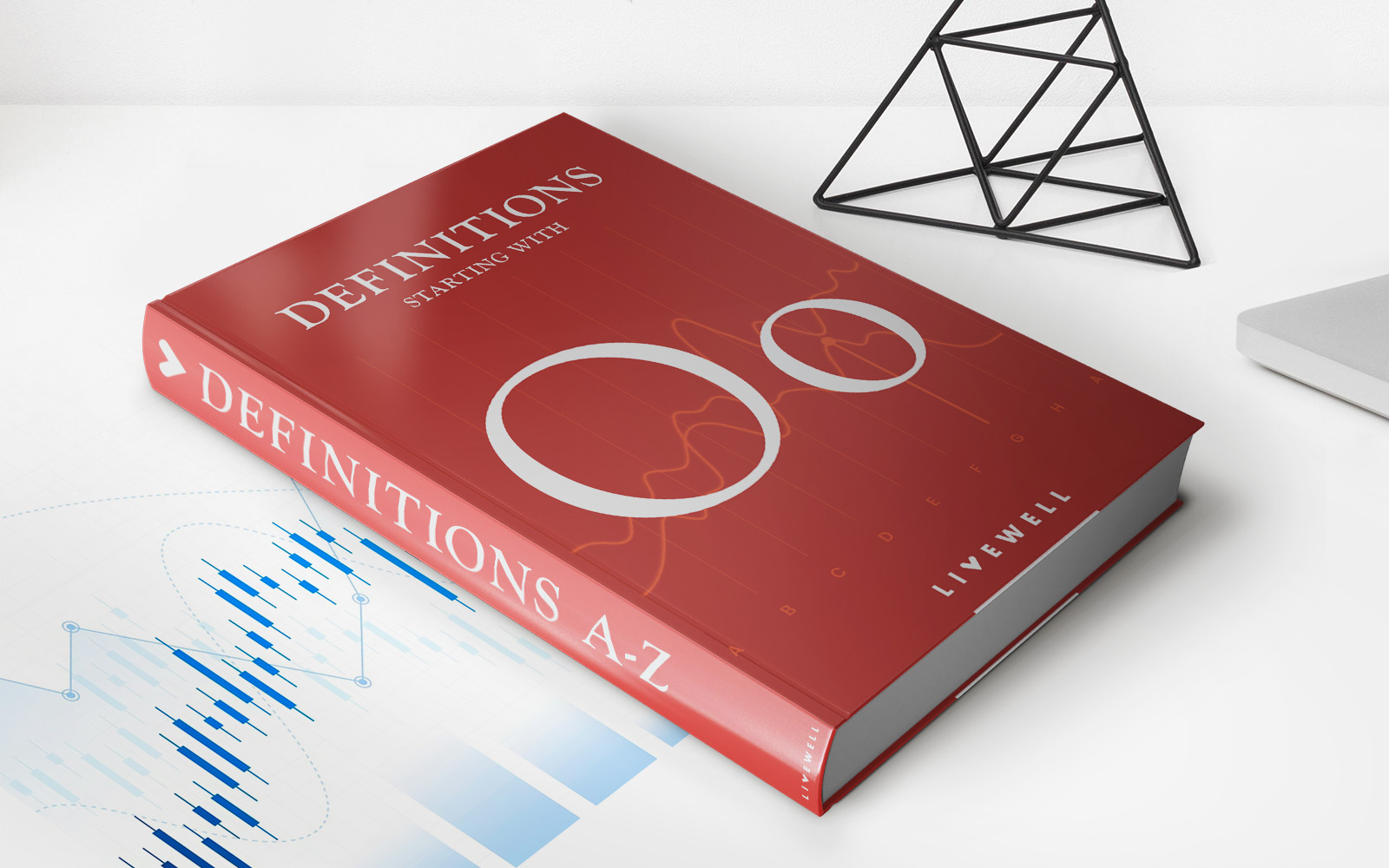

Finance
Gas Guzzler Tax Definition
Published: November 30, 2023
The gas guzzler tax, a term in finance, refers to an additional fee imposed on vehicles with low fuel efficiency, encouraging consumers to opt for more eco-friendly options. Learn more about this tax and its implications.
(Many of the links in this article redirect to a specific reviewed product. Your purchase of these products through affiliate links helps to generate commission for LiveWell, at no extra cost. Learn more)
Understanding Gas Guzzler Tax: A Definition
Welcome to our finance blog, where we provide valuable insights into various financial topics. In today’s post, we will delve into the world of Gas Guzzler Tax and shed light on its definition and significance. So, let’s buckle up and dive right in!
Key Takeaways:
- The Gas Guzzler Tax is a federal tax imposed on vehicles that do not meet certain fuel economy standards.
- This tax is intended to incentivize manufacturers to produce more fuel-efficient vehicles and reduce greenhouse gas emissions.
Have you ever wondered why some vehicles are subject to an extra tax? The Gas Guzzler Tax is a federal levy imposed on vehicles that fail to meet specific fuel economy standards set by the Environmental Protection Agency (EPA). The tax aims to encourage automobile manufacturers to prioritize fuel efficiency and reduce greenhouse gas emissions.
Now, you might be thinking, “What warrants a vehicle being classified as a gas guzzler?” Great question! The Gas Guzzler Tax applies to cars and trucks that fall below the required fuel economy targets designated by the EPA. These standards vary based on vehicle size and are measured in miles per gallon (MPG).
It’s important to note that this tax is not applied to all vehicles. In fact, it primarily affects larger and less fuel-efficient vehicles, such as high-performance sports cars and large SUVs. The tax serves as a financial deterrent for manufacturers, encouraging them to invest in research and development to produce more fuel-efficient vehicles.
So, how does the Gas Guzzler Tax impact consumers? While the tax is imposed on manufacturers, it can indirectly affect buyers. Manufacturers often pass the cost of the tax onto consumers, resulting in higher price tags for gas-guzzling vehicles. This can incentivize consumers to opt for more fuel-efficient options, which not only saves them money at the pump but also contributes to a healthier environment.
By encouraging manufacturers to prioritize fuel economy, the Gas Guzzler Tax plays a crucial role in reducing our carbon footprint and promoting sustainability within the automotive industry. Additionally, the tax serves as a financial penalty for vehicles that have an adverse impact on our environment.
In conclusion, the Gas Guzzler Tax is a federal levy imposed on vehicles that fail to meet specific fuel economy standards. By incentivizing manufacturers to produce more fuel-efficient vehicles, this tax aims to reduce greenhouse gas emissions and contribute to a greener future.
We hope this blog post has shed light on the Gas Guzzler Tax and its importance in the realm of finance. Stay tuned for more insightful posts from our finance category, where we explore a wide range of topics to help you make informed decisions.
